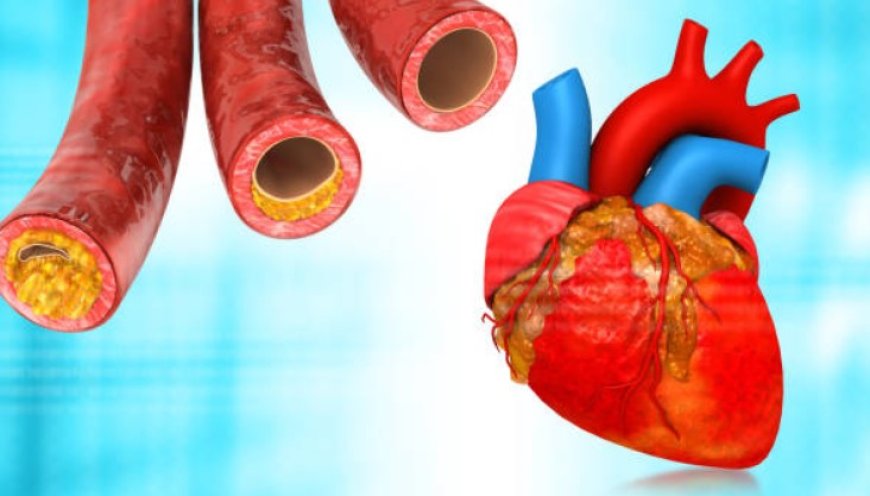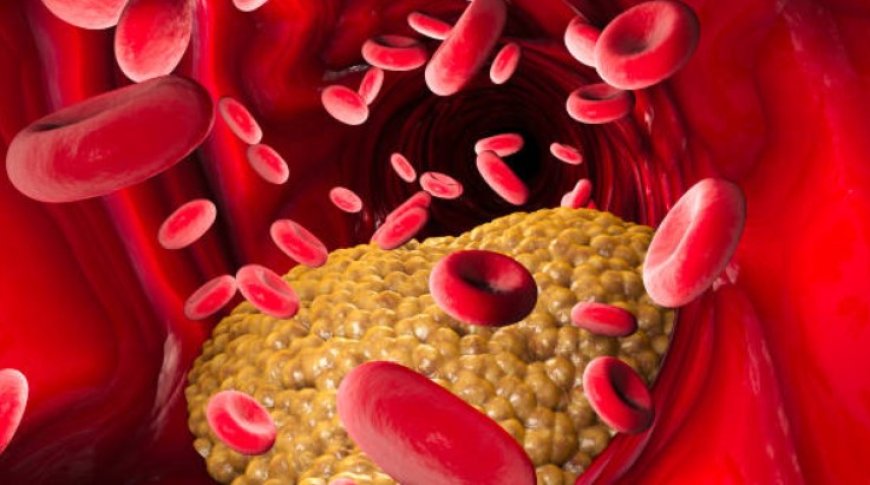How to manage your cholesterol levels: A comprehensive guide
Learn how to lower your cholesterol levels and reduce your risk of heart disease and other health problems.
Guides for controlling your cholesterol levels
A waxy material called cholesterol moves through your circulation. Although cholesterol is necessary for the development of healthy cells, an excessive amount of it might clog your arteries. Heart disease, stroke, and other major health issues may result from this.
Cholesterol comes in two primary varieties:
Low-density lipoprotein, or LDL, cholesterol: Because it can accumulate in your arteries and develop plaque, this cholesterol is referred to as the "bad" cholesterol.
Cholesterol, high-density lipoprotein: Because it aids in clearing your arteries of LDL cholesterol, this cholesterol is referred to as the "good" cholesterol.
Numerous factors, such as nutrition, genetics, and lifestyle, might influence your cholesterol levels. To control your cholesterol and lower your risk of heart disease and other health issues, there are a number of things you can do.
Digestion: heart-healthy
Eating a diet low in fat is one of the greatest strategies to control your cholesterol. Consuming an abundance of fruits, vegetables, and whole grains is required. Limiting trans and saturated fats is another requirement.
Red meat, full-fat dairy products, and processed foods all contain saturated fats. Certain processed and fried meals contain trans fats.
The following advice can help you eat a heart-healthy diet:
* Opt for lean protein sources including beans, chicken, and fish.
* Cut back on processed and red meats.
* Select dairy products that are fat-free or low-fat.
* Consume a lot of fruits and veggies.
* Opt for whole grains rather than refined ones.
* Cut back on trans and saturated fats.
* Use healthy cooking oils, like canola or olive oil, while cooking.
Make exercise a habit
Exercise on a regular basis is another crucial strategy for controlling your cholesterol. Lower LDL and higher HDL cholesterol are both aided by exercise. Additionally, it aids with weight control, which lowers cholesterol.
On most days of the week, try to get in at least 30 minutes of moderate-intensity exercise. If you have never exercised before, begin carefully and work your way up to spending more time in the gym each week.
**If you are obese or overweight, lose weight**
Excess weight gain can cause HDL and LDL cholesterol levels to drop. Your cholesterol levels can be improved and your chance of heart disease and other health issues can be decreased by losing weight.
Speak with your doctor about the best weight loss strategies if you are fat or overweight. They can assist you in developing a weight-loss strategy that is both secure and practical for you.
Give up smoking
LDL cholesterol increases and HDL cholesterol decreases with smoking. Additionally, it clogs your arteries and raises your risk of stroke and heart disease.
One of the finest things you can do for your cholesterol levels and general health is to stop smoking. See your doctor if you smoke so they can help you stop.
Treat further medical conditions
High blood pressure and diabetes are two illnesses that can cause cholesterol levels to rise. It's critical to address any of these diseases in collaboration with your physician. This can lower your risk of heart disease and other health issues while also helping to enhance your cholesterol levels.
Pharmaceuticals
Should modifying your lifestyle prove insufficient in reducing your cholesterol levels, your physician can recommend medication. Your doctor will select the cholesterol medicine that is best for you out of the many varieties that are available.
You can control your cholesterol and lower your chance of heart disease and other health issues by using the advice in this article.















































































































































































































